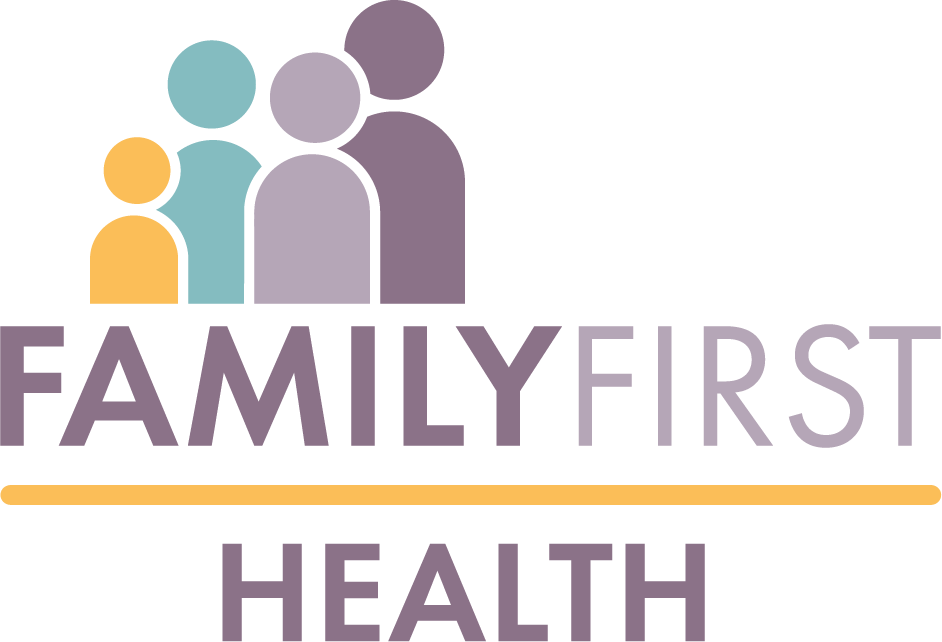By Jenny Englerth
Millions of children nationwide are missing a significant number of school days for health-related reasons. While illness cannot always be prevented, more can be done to provide healthcare access to families to make it easier for kids to return to the classroom in less time.
A March 2024 report from the Centers for Disease Control and Prevention’s National Center for Health Statistics found 5.8 percent of school-aged children in the U.S. experienced chronic absenteeism in 2022 for health reasons. That correlates to about 2.9 million students ages 5 to 17 who missed more than 15 days of school. Those missed days can lead to poorer academic performance and school engagement and increased risk for dropping out of school.
The problem is even worse for families struggling to make ends meet. A total of 7.9 percent of children in the study’s lowest income bracket were chronically absent due to injury, illness or disability.
Providing affordable, accessible health care to students can help more children get to school and stay in their classrooms. At Family First Health, a federally qualified health center (FQHC) serving patients at eight locations in Central Pennsylvania, we’ve seen the impact first-hand.
FFH’s Hannah Penn Center is the only school-based health center in York County. The health center provides pediatric care, routine health exams, preventive care, referrals and integrated behavioral health services to 40 percent of the students at the school. In addition to health services, FFH leads health and wellness lessons, supports school events and programs, distributes hundreds of hygiene products and books and forms connections with students in need of emotional support.
That kind of success can be emulated elsewhere. We want to be a part of bringing health care access to even more of the bright young minds in our community. That’s why we are looking towards the future of school-based healthcare and expanding our reach to William Penn Senior High School at the beginning of the 2024-2025 school year.
The journey to being a healthy adult is challenging for all young people, but some face a steeper climb. At William Penn Senior High School, 55 percent of the district’s students experience acute poverty and the district reported a 28 percent transiency rate in 2018. These families often face significant barriers when it comes to getting their children medical care, such as missing work, finding transportation, lack of insurance and affording treatment.
FFH’s new school-based health center at William Penn Senior High School will provide primary medical and behavioral healthcare to students in school regardless of their insurance status or ability to pay. Students will get the support and care they need so health is not one of their barriers to engaging in education.
Patient visits to the center will reduce the amount of time students are outside of the classroom and provide much-needed support for the school nursing staff. Students will not need to leave school for a half or full day to see a doctor. Challenges related to transportation will be eliminated as students will be able to walk down the hall to get the care they need.
Meanwhile, the center will support overall student well-being, which has been shown to increase attendance, improve graduation rates and decrease dropout rates setting students up for success as they prepare to join the workforce.
Our community will be stronger in the future, if together, we support today’s students by investing in their health and education. With this new school-based health center, we can develop an environment where more children have the opportunity to thrive academically and personally. Let’s come together as a community to ensure that students are plugged into the resources and opportunities they need to achieve their best health, today and in the future.
Jenny Englerth is the President and CEO of Family First Health
